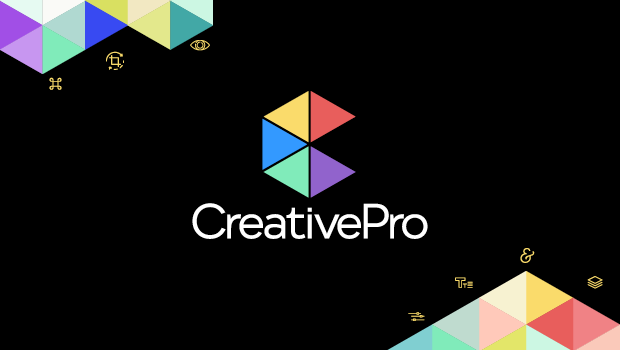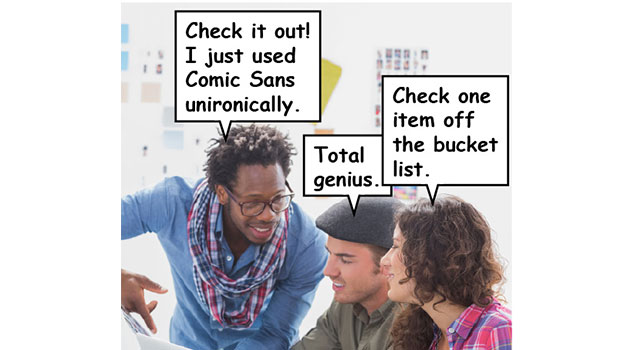Eye on the Web: To Napster, With Love

If you read the news about popular culture, you’ve probably heard about Courtney Love’s speech to the Digital Hollywood online entertainment conference in New York on May 16. You’ve probably heard that she railed against the established music industry, calling them sharecroppers among other things, and talked up the promise of a Web-based music distribution scheme, a la Napster and Gnutella. Her support, however, is contingent upon those electronic venues making deals with actual recording artists and not the record companies that own their copyrights.
Now let me say right off that I am not a very big music fan. For a twenty-something living in San Francisco with a sizeable collection of black shoes in my closet, my music library is pitiful. Every CD I own dates from my college years, as does my decrepit, cheap-o stereo system. I am, however, a good movie fan and all-around entertainment buff — I proudly hold subscriptions to all the major celebrity smut rags and my Web browser lists bookmarks to all the major celebrity smut sites.
As a result of my bordering-on-the-sick celebrity obsession, I’ve read enough about Courtney Love, and seen enough of her antics (refusing to hand over Phil Collins’ admittedly little-deserved Golden Globe for best movie song, for instance, hopping up and down until her breast actually popped out of her dress) that I know to reach for the salt shaker whenever she starts flexing her opinions. This is, after all, a woman who thought she’d be taken more seriously after a nose job. But then, maybe she was right, because I’ve got to admit she’s got a point in this case.
The Nose Knows
I agree with Ms. Love that recording company contracts are based on those recording companies owning the means of distribution and that recording artists, such as Ms. Love, are often taken advantage of because they don’t control the means of distribution. It’s hard to feel very sorry for rock stars, but I think it’s reasonable that they at least have a chance to earn a majority portion of the revenue their music brings in. This may be an unpopular opinion: I’m the only person I know who thought the cast of "Friends" deserved $800K per episode (not because they necessarily deserve to be rich, but because there’s no reason they shouldn’t be if the show’s producers are).
Now that Web sites, and the associated software like Napster are here, argues Ms. Love, recording artists have a chance to take back the means of distribution. "Being the gatekeeper was the most profitable place to be," she railed, "but now we’re in a world without gates." Ms. Love also had some special words for recording companies that register horror at Napster and other site’s apparent disregard for copyright law when "their business is based on piracy." Finally, with the rallying cry "Here, take my Prada pants!" Ms. Love announced that she would be leaving the recording industry and following the lead of bands like They Might Be Giants, who are already releasing music solely in downloadable format.
Whether Courtney Love becomes a figurehead of the inevitable transfer to a music industry based on digital distribution, where data, like MP3s, is more important than physical objects, like CDs, remains to be seen. But the industry is sure to change, and is already well on its way thanks to millions of Napster-using college-age men.
Smells Like Teen Revolution
You too can do your part to speed the destruction of the traditional music industry. In the process you can learn more about music that isn’t getting much radio play, and that isn’t enjoying much bin space at the local chain music outlet. Here’s how:
Check out Napster. Besides providing you with software that will let you download music from anyone else using that software and connected to the Internet, the site lists links to music industry resources, such as the RIAA (Recording Industry Association of America). Plus, Napster is where all the hoo-ha began. Indeed, at this year’s Webby Awards, the college-age man who developed the software was mobbed for autographs while conventional celebrities like Talk magazine editrix Tina Brown were allowed to slip right on by.
Then there are Gnutella and iMesh , user-to-user file sharing clients that, like Napster, allow you to search the hard drives of connected users for files you might like to own (an increasingly fluid concept in the digital age), including music files. MP3.com and MyPlay.com also offer music exchange services.
Fight the Power!
Of course, the problem, as Ms. Love puts it, is that the "major label cartel" may well get to these sites to make distribution deals before the recording artists do. This is evidently a “problem” recording companies have in mind, to judge from their scrambling to set up a fee-based system for music file exchange.
Who knows how the pendulum will swing for the music industry? This time next year the recording companies could be defunct, or we could be paying $17 a pop to download Hole’s latest album. In any event, recording artists, as well as many other kinds of artists, are being afforded a unique opportunity, thanks to the Web, to rewrite the bylaws of their industry. I say go for it.
Read more by Andrea Dudrow.
This article was last modified on January 8, 2023
This article was first published on July 3, 2000
Commenting is easier and faster when you're logged in!
Recommended for you

Creating Auto-Size Speech Bubbles
A while back, I answered a question on the InDesign User Forum about how to make...

Upgrading to Photoshop CC FAQ
Adobe Product Manager Jeff Tranberry has posted an extensive FAQ on his blog abo...

InDesign How-to Video: How to Align Auto Numbering on a Decimal
In this week’s InDesignSecrets video, Mike Rankin explains how easy it actually...




